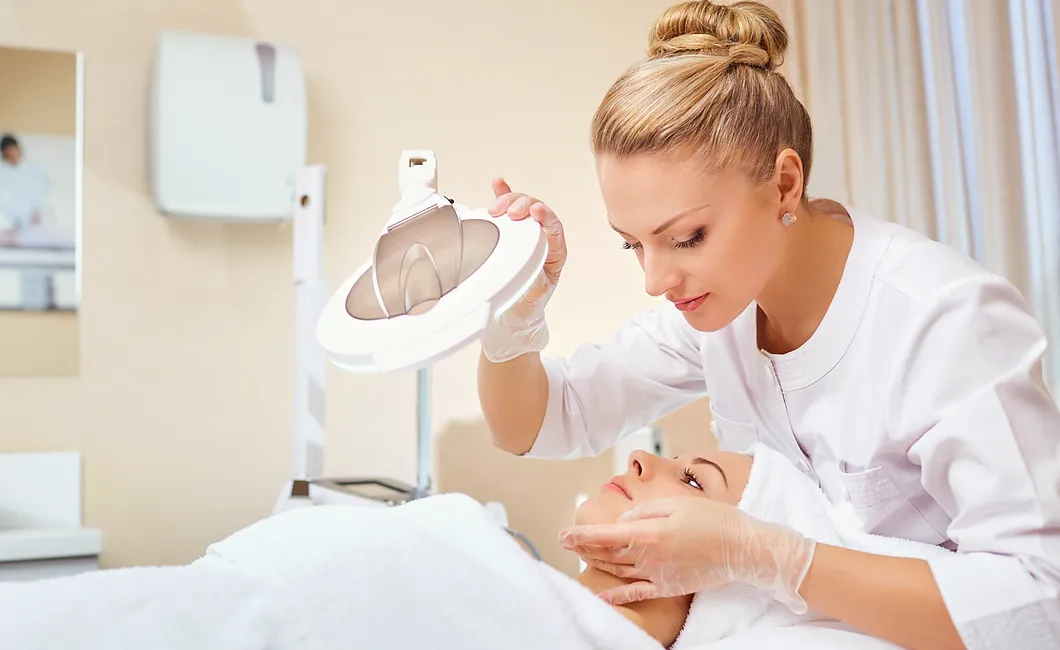Microbiological culture

Microbiological culture
A microbiological culture is a laboratory test used to detect and identify microorganisms such as bacteria, viruses, or fungi in a sample. In dentistry, microbiological cultures are used to:
- Diagnose oral infections (e.g., abscesses, periodontitis)
- Identify the cause of bad breath (halitosis)
- Detect the presence of harmful bacteria (e.g., Streptococcus mutans)
- Monitor the effectiveness of antimicrobial treatments
- Screen for oral diseases (e.g., candidiasis)
The process involves:
- Collecting a sample (e.g., saliva, plaque, tissue)
- Placing the sample in a sterile container
- Transporting the sample to a laboratory
- Isolating the microorganisms in a culture medium
- Identifying the microorganisms using various techniques (e.g., microscopy, biochemical tests)
Results from microbiological cultures can help dentists:
- Develop targeted treatment plans
- Monitor treatment effectiveness
- Prevent the spread of infection
- Improve oral health and overall well-being
Note: Microbiological cultures are usually performed in a dental laboratory or a specialized microbiology laboratory. Your dentist will determine if a microbiological culture is necessary for your specific needs.
No Doctors

